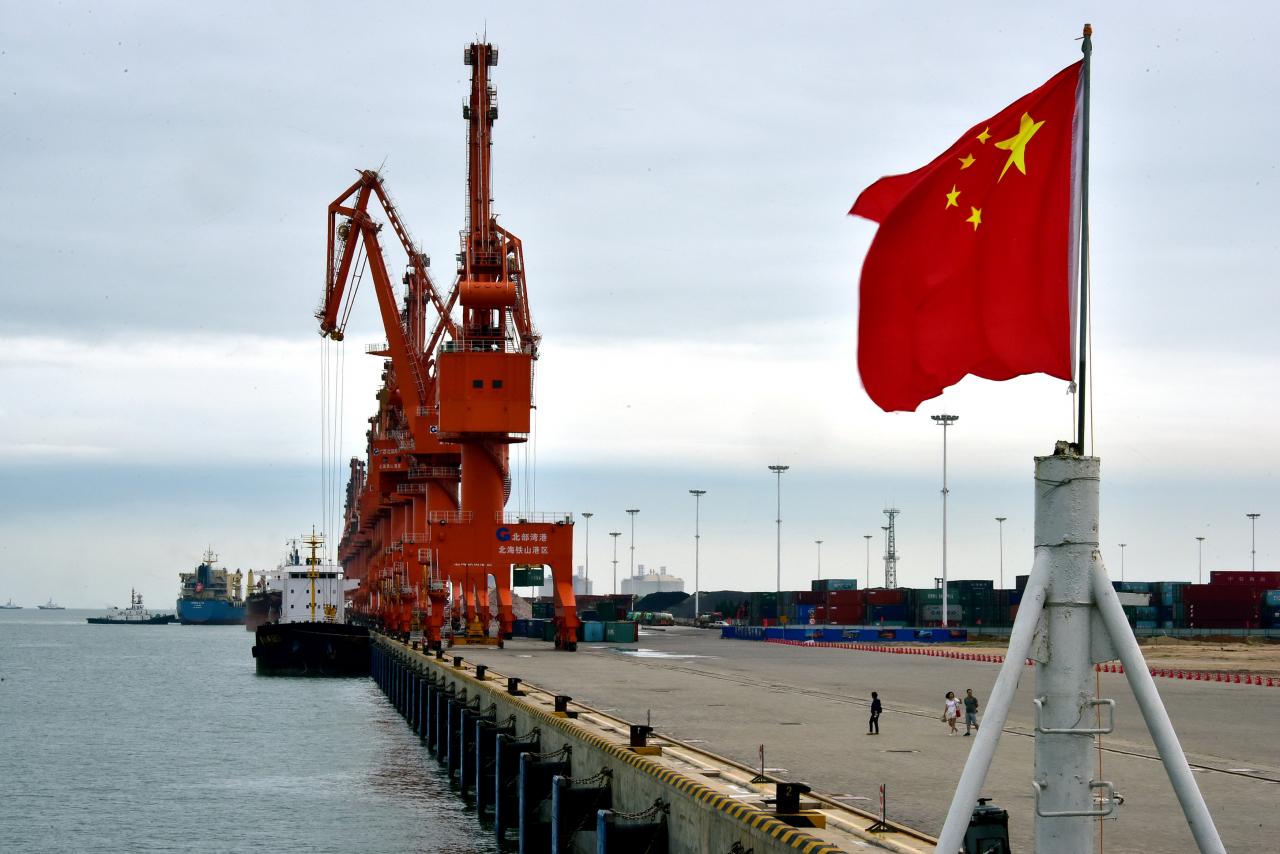Kemel Toktomushev, Research Fellow, University of Central Asia
Nov 27, 2020
China’s economy has outpaced all other nations in growth for decades, following a growth model that led to 800 million people being lifted out of poverty. As growth begins to taper off, they’re now faced with the challenge of replacing dated practices with new models of development to make it past what economists call “the middle-income trap.”
Patrick Mendis, Visiting Professor of Global Affairs, National Chengchi University
Joey Wang, Defense Analyst
Jul 29, 2020
COVID-19 has put the brakes on the world economy, and China has been no exception. These effects have rippled across many countries that have benefitted from Ch

He Weiwen, Senior Fellow, Center for China and Globalization, CCG
Jan 15, 2020
When it comes to the way many in the U.S. view China, perception is far from reality. Irresponsible analysis can only mislead policymakers and harm bilateral trade relations.
He Weiwen, Senior Fellow, Center for China and Globalization, CCG
Mar 21, 2019
Premier Li Keqiang’s Government Work Report provides a concrete sign of China’s renewed support for the private economy, especially small and micro businesses.
Ding Yifan, China Forum Expert and Deputy Director of China Development Research Center
Aug 13, 2014
While the global economic recovery is still weak and people are looking for a better market, the reform of Chinese SOEs and the opening of Chinese capital is positive news, writes Ding Yifan.
Hugh Stephens, Distinguished Fellow, Asia Pacific Foundation of Canada
May 19, 2014
After Luo Zhaohui, China’s incoming ambassador to Canada, labeled Canada’s foreign investment rules as “negative” and called for “some kind of changes” to the nation’s trade policy, Hugh Stephens examines why bilateral trade relations have declined and what Canada and the United States can do to promote greater investment from China.
Ding Yifan, China Forum Expert and Deputy Director of China Development Research Center
Mar 20, 2014
The reform of State-Owned Enterprises has become a major focus for the Chinese government. Ding Yifan explores what the reform may mean, and shows why the government is addressing the issue now.
Minxin Pei, Tom and Margot Pritzker ’72 Professor of Government , Claremont McKenna College
Mar 19, 2013
China’s leadership transition is formally complete with the conclusion of the 12th National People’s Congress. Providing analysis on China’s new leaders, Minxin Pei writes that while economic and political reforms remain far-off in China’s future, the new leadership can convince the public they are committed to reforms at the inaugural meeting of the new Central Committee in the fall.
Andrew Sheng, Distinguished Fellow at the Asia Global Institute at the University of Hong Kong
Xiao Geng, Director of Institute of Policy and Practice at Shenzhen Finance Institute, Chinese University of Hong Kong
Jan 17, 2013
China’s ability to weather the global economic crisis can be understood by taking into account Nassim N. Taleb’s concept of “antifragile” systems. Now as China’s new leadership approaches an ambitious reform agenda, it must be sure to nurture antifragility, which is crucial in large, centralized economies.